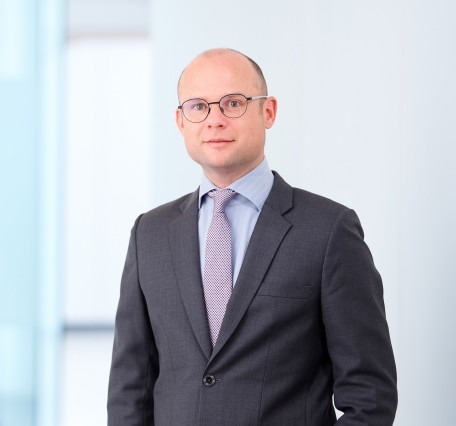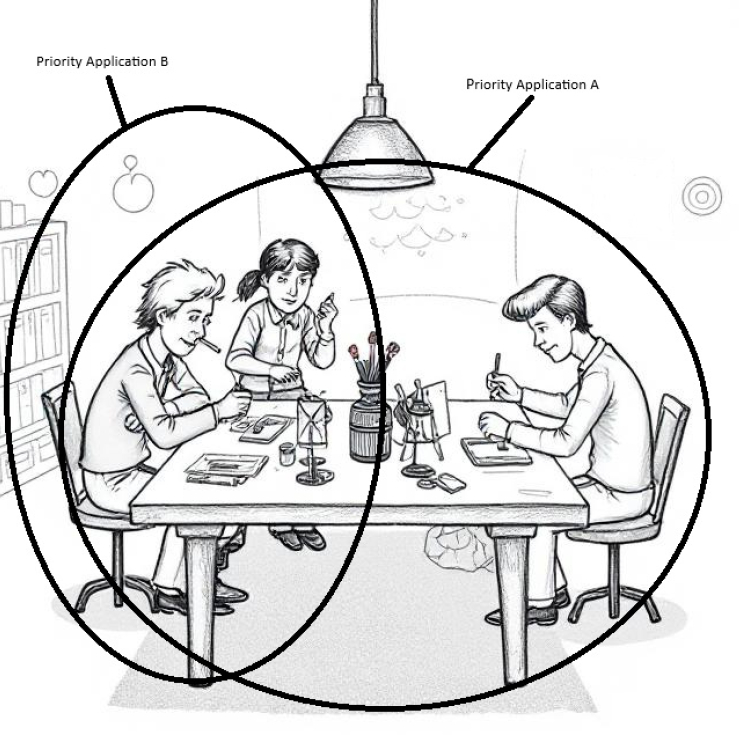

The Unified Patent Court in Practice
The UPC has a Court of First Instance and a Court of Appeal and its rulings will have effect in all participating states. This means that injunctions won at the UPC can be enforced across all participating states. Similarly, a successful revocation action will lead to a loss of patent protection in all participating states. You can read more about how you can prepare for the new system here.
Central divisions
The Court of First Instance has central divisions in Milan, Paris and Munich. The cases are distributed over the different divisions according to technical field, as follows:
- Paris: cases involving physics, electronics, computer sciences, paper and textiles (IPC classes B, D, E, G and H).
- Milan: cases involving chemistry, pharmaceuticals, metallurgy and human necessities (IPC sections A and C).
- Munich: cases involving mechanical engineering (IPC section F).
Local and regional divisions
However, most litigation cases have to be filed at a local or regional division. These local and regional divisions are set up in those countries that have decided to do so. The Netherlands has a local division in The Hague, in the same building as the headquarters of NLO. Belgium has a local division in Brussels.
Court of Appeal
The Court of Appeal has its seat in Luxembourg. Finally, questions relating to the interpretation of the UPC Agreement may be referred to the European Court of Justice.
Authorised representation
Parties can be represented before the UPC by authorised lawyers or by European Patent Attorneys with an appropriate litigation certificate. Patent attorneys who do not have such a litigation certificate also have a right of audience. For patent proprietors, the advantage is that they may work with the same patent attorney both before the EPO and the UPC.







